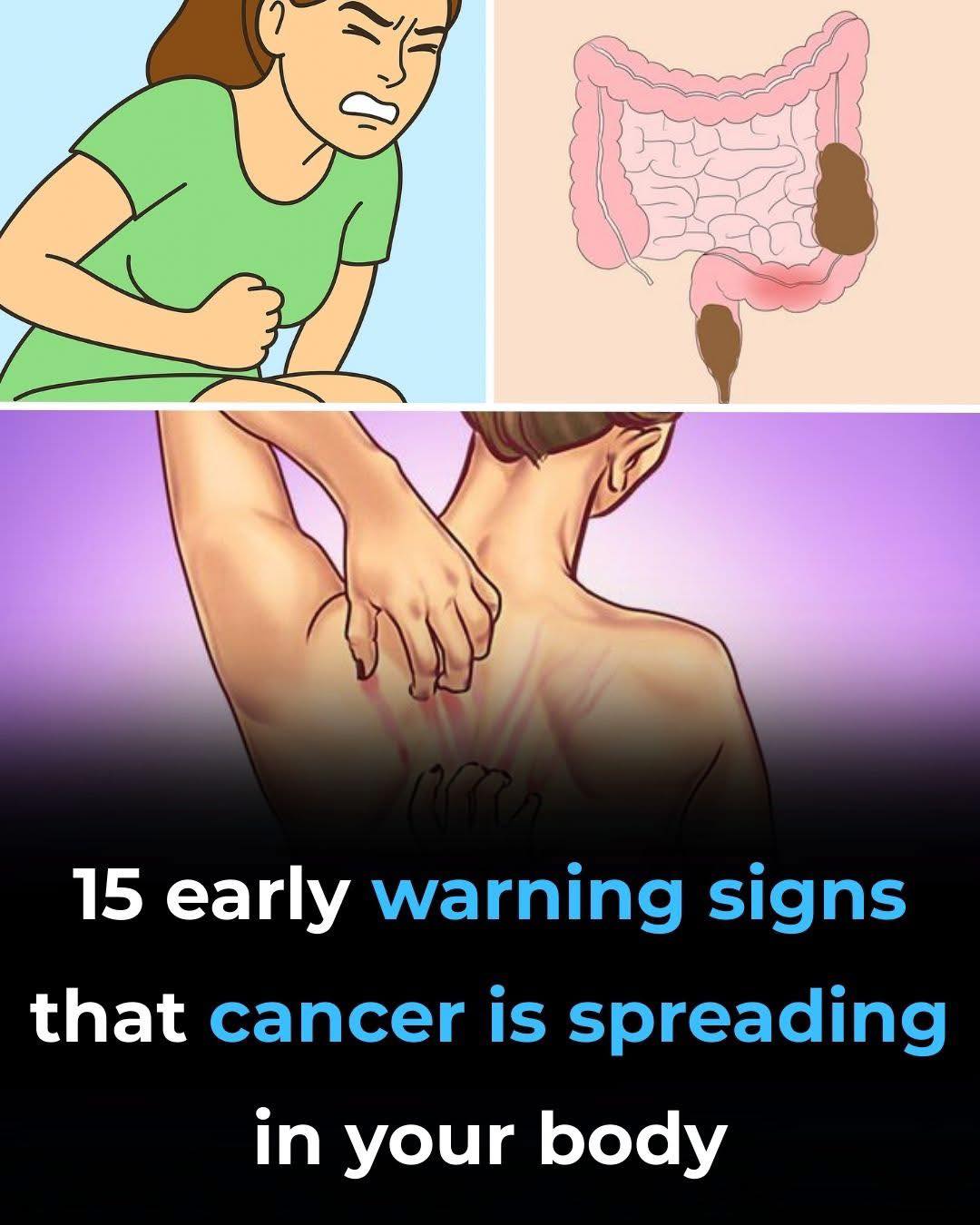🚨 When to See a Doctor
Seek medical care if you have:
-
Pain lasting more than 1–2 weeks
-
Nighttime pain or pain while resting
-
Stiffness that limits movement
-
Swelling, redness, or warmth around the hip
-
Popping, locking, or instability
-
Limping or difficulty bearing weight
🩺 Early diagnosis can prevent long-term damage — and sometimes delay or avoid surgery.
✅ How to Support Hip Health
-
Stay active: walking, swimming, cycling
-
Stretch daily: especially hip flexors, glutes, hamstrings
-
Strengthen core & glutes: bridges, clamshells, squats
-
Maintain a healthy weight: reduces pressure on hips
-
Wear supportive shoes: cushioning lowers impact
-
Avoid prolonged sitting: stand and move every 30–60 minutes
-
Try yoga or Pilates: builds mobility and strength
🛠️ Treatment Options
-
Physical therapy: improves strength & flexibility
-
NSAIDs: reduce inflammation and pain
-
Corticosteroid injections: for severe bursitis or arthritis flare-ups
-
Regenerative therapies: PRP or stem cell injections (still emerging)
-
Surgery: hip replacement or repair for advanced cases
Many people improve without surgery — especially with early intervention.
Final Thoughts
Hip pain isn’t something you just have to “live with.”
Whether you’re 40 or 70, active or simply wanting to enjoy daily life, your hips deserve care.
If bending, walking, or sleeping has become uncomfortable, don’t ignore it.
Start with simple steps:
-
Stretch
-
Strengthen
-
Move mindfully
👉 And if the pain persists, see a doctor or physical therapist.
Because true mobility isn’t about pushing through pain — it’s about listening, healing, and moving with ease.
ADVERTISEMENT
